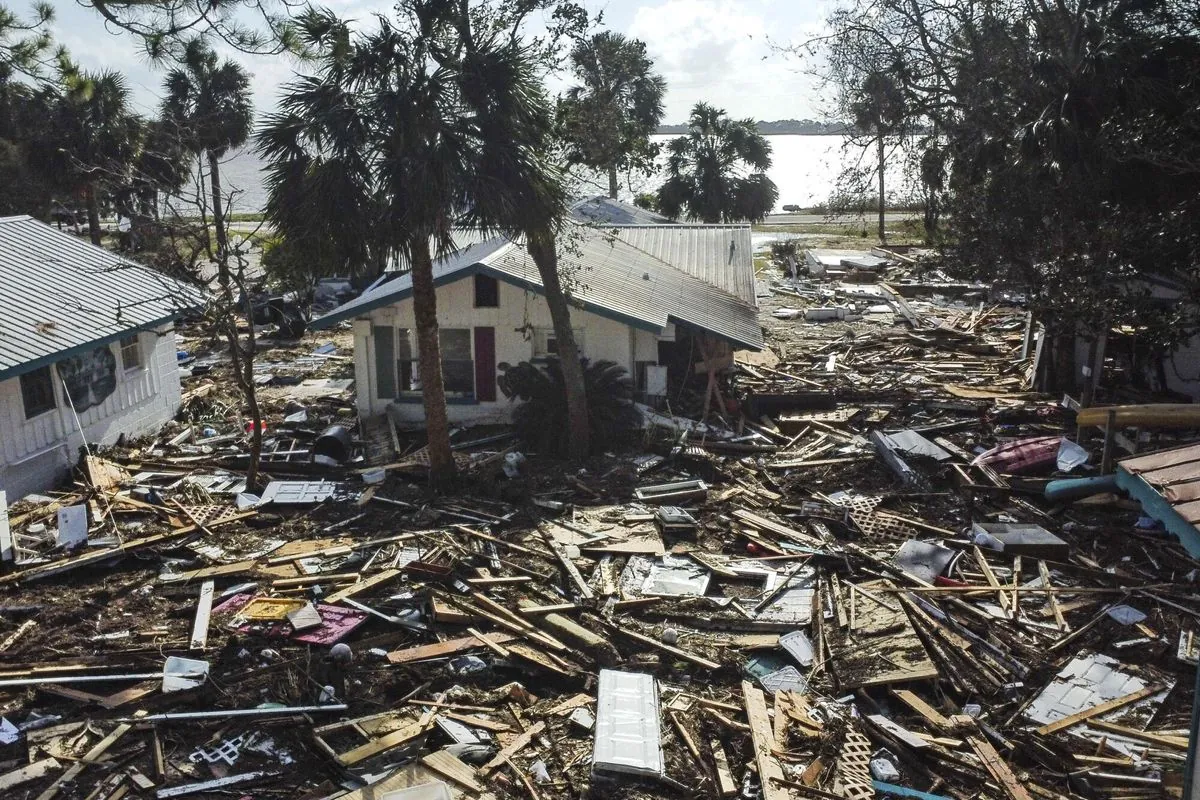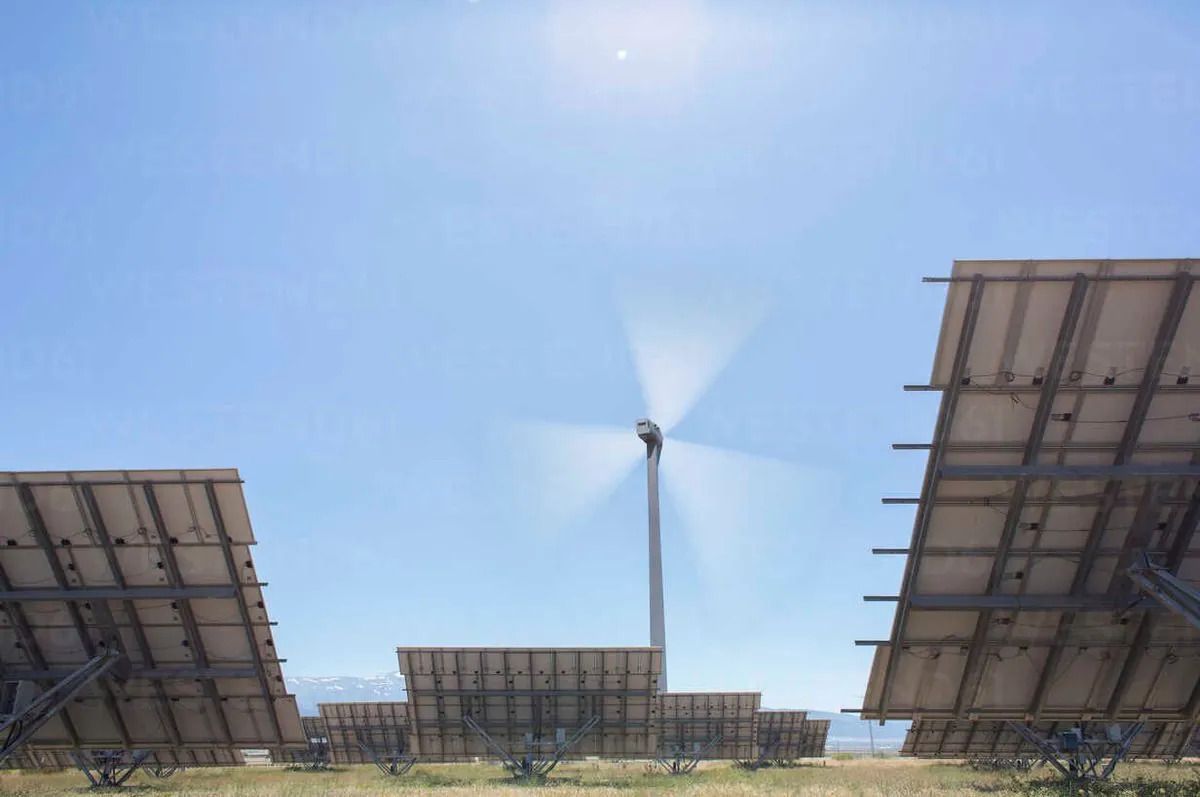Climate Change Takes Center Stage in Presidential Race After Hurricane
Hurricane Helene's devastation brings climate change to the forefront of the presidential campaign. Biden and Harris visit affected areas, emphasizing the storm's link to global warming.

In the wake of Hurricane Helene's devastating impact on the southeastern United States, climate change has emerged as a pivotal issue in the ongoing presidential campaign. The storm's aftermath has prompted both Democratic and Republican candidates to address environmental concerns more directly, marking a shift from previous debates where the topic received limited attention.
President Joe Biden and Vice President Kamala Harris have visited areas severely affected by the hurricane, underscoring the connection between extreme weather events and climate change. During his tour of North Carolina, Biden stated, "Nobody can deny the impact of the climate crisis any more." This sentiment reflects the growing recognition of climate change's role in intensifying natural disasters, a fact supported by scientific data from organizations like the Copernicus Climate Change Service.
The hurricane's impact has extended beyond physical destruction, influencing political discourse and campaign strategies. In a recent vice presidential debate, both Republican JD Vance and Democrat Tim Walz addressed the storm and broader climate issues. Walz, drawing from his experience as governor of Minnesota, highlighted the increasing frequency of extreme weather events, noting that farmers in his state have experienced "500-year droughts" and "500-year floods" in quick succession.
The debate also touched on energy policy, with Vance emphasizing the importance of domestic energy production. He argued that if climate change is a serious concern, the focus should be on manufacturing and energy production within the United States. This perspective aligns with the current administration's approach, as domestic fossil fuel production has reached record levels under Biden's leadership.

However, the Democratic stance, as articulated by Walz, emphasizes the need for a transition to renewable energy sources. He pointed to the Inflation Reduction Act of 2022, which represents the largest investment in domestic clean energy production in U.S. history. This legislation, for which Harris cast the deciding vote, has reportedly created 200,000 jobs across the country.
The debate surrounding climate change and energy policy is not new, but Hurricane Helene has brought these issues into sharper focus. As the 2024 presidential election approaches, candidates from both parties will likely continue to address climate concerns, balancing environmental protection with economic considerations.
"Weather disasters are often overlooked as a factor in big elections. Helene is a sprawling catastrophe, affecting millions of Americans. And it dovetails with several well-established links between hurricanes and climate change, including rapid intensification and intensified downpours."
This statement from a climate expert underscores the potential impact of extreme weather events on political discourse and public opinion. As the campaign progresses, the intersection of climate policy, energy production, and economic development will likely remain at the forefront of national debate, influenced by the ongoing effects of natural disasters like Hurricane Helene.


































